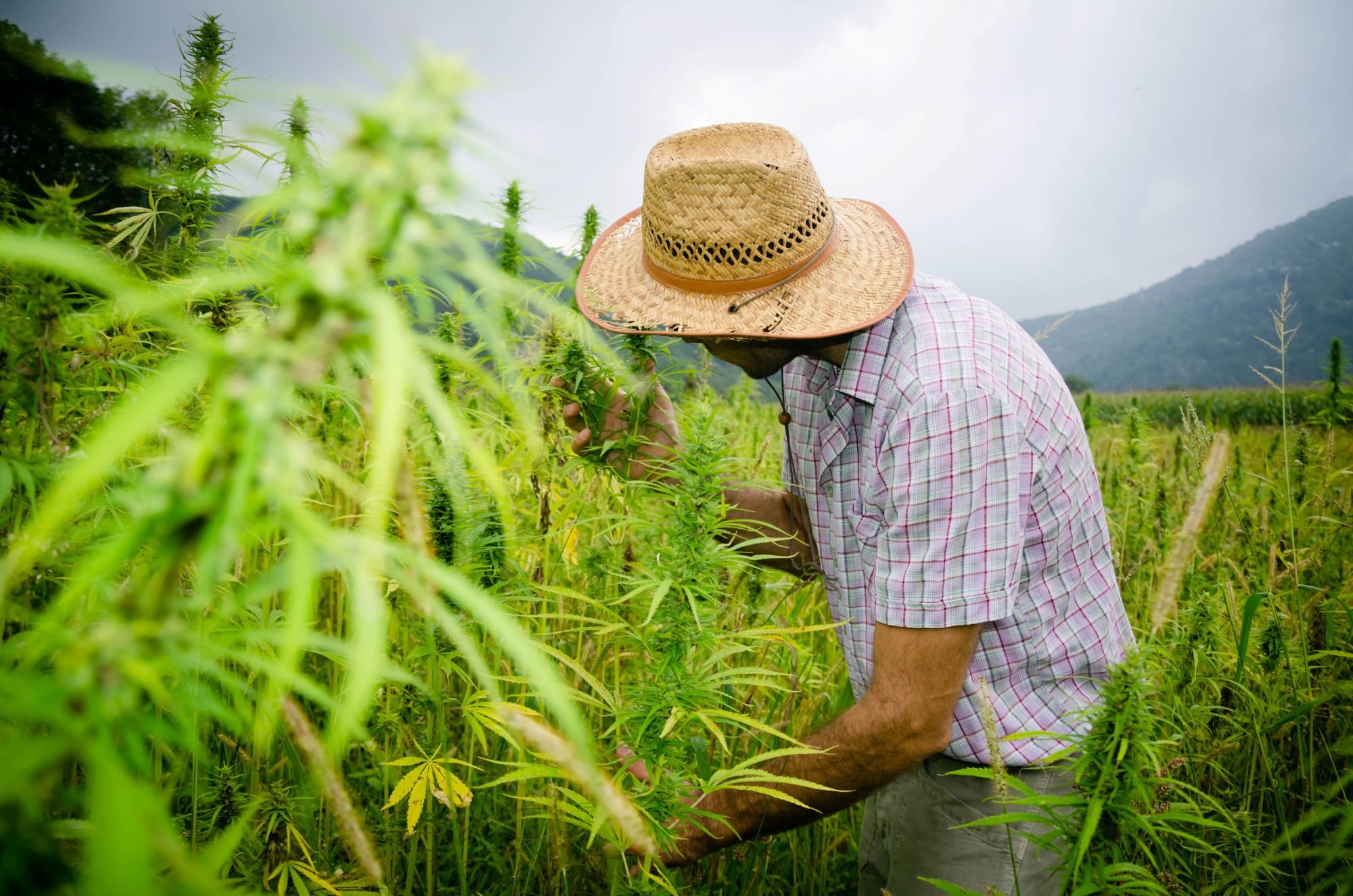Rewind back a couple of years and a lot of the hype in the cannabis industry circled around cannabis-infused beverages. Cannabis companies were securing deals with beer makers in an effort to get into what was supposed to be a big growth driver in the industry: cannabis-infused beverages. Canopy Growth (CGC 1.30%) joined forces with Constellation Brands (STZ 1.07%) in 2017 in the most notable deal thus far. Tilray (TLRY +0.00%) and Anheuser-Busch InBev (BUD +0.20%) agreed to work on cannabis-infused beverages in late 2018. There was even a rumored deal involving Aurora Cannabis (ACB +1.21%) and Coca-Cola (KO 0.18%) which never materialized.
Today, however, that hype has fizzled as companies have delayed the rollout of these beverages. There's also a new issue that's come to light that may explain why that's been the case: the polymer material that lines aluminum cans cause cannabis-infused beverages to lose their potency. It's an issue that cannabis producer Canopy Growth knew about for almost the past year.
Challenges with the rollout of beverage products
Canopy Growth's new CEO David Klein acknowledged in an interview with Yahoo Finance Canada that the company has run into multiple issues leading to the delay of the launch of beverage products, without directly specifying what those problems were. In January, Canopy Growth announced the delay of its cannabis-infused beverages launch but it has not provided a date as to when it expects its products will become available to consumers.

Image source: Getty Images.
As of March 1, there were still no cannabis-infused beverages on store shelves in Canada. Regulators technically legalized edibles on Oct. 17, 2019, but it wasn't until mid-December that edible products, including beverages, would actually be available. Canopy Growth VP of Communications Jordan Sinclair said, "The one thing that we didn't quite get right was managing expectations."
Even if the products get to market, potency poses a problem
There's little doubt that Canopy Growth will get cannabis-infused beverages to consumers at some point in 2020. However, Sinclair admitted that the potency issue is a key one for the company, noting that "We have a big R&D team, we've been working really hard on solving that problem." However, the company is attempting to downplay its significance, especially in the delay of cannabis-infused beverages.
The polymer liner in a can that causes the loss in potency through absorption isn't avoidable as the barrier prevents the drink from corroding the aluminum. If companies can't find a way around it, they may have to sell drinks in bottles instead. Either way, the potency issue is a critical one that producers need to find a way to solve.
According to chemist Harold Han who is the chief science officer at a California-based cannabis tech company Vertosa, the loss of potency is a big problem. He states that drinks "lose their potency and that is one of the big challenges in the industry in California." Now, the issue has improved to the point where he's seeing between a 5% to 10% loss in potency, and that's four months after the products are canned. Previously, he observed a loss of 70% after just five days.
Potency is a significant issue for consumers as getting a buzz from THC products is a key reason for consuming the beverages in the first place. And if users are disappointed with the products, it could undermine the industry's potential growth in Canada. Deloitte estimates that the total value of the cannabis-infused beverage market in Canada could be worth 529 million Canadian dollars annually.
Cannabis-infused beverages could fill a void for consumers as beer consumption in the U.S. was down for a fourth consecutive year in 2019. And for the first time in 25 years, wine consumption was also down. A new cannabis-infused beverage option could spark the interest of consumers who may be looking for a non-alcoholic beverage to try.
What does this mean for investors?
The edibles market is one area where investors were hoping to see some significant growth this year to help propel their top lines. And an underwhelming performance could make 2020 an even more challenging year for pot stocks. The industry has already been nosediving with Canopy Growth down more than 35% since the beginning of the year, and that's in line with how bad the Horizons Marijuana Life Sciences ETF has performed.
Canopy Growth is coming off strong third-quarter results but that hasn't been enough to turn the tide for its stock price, especially not when the markets as a whole are struggling due to the coronavirus which has caused investors to panic. Given the concerns surrounding a lack of cash flow in the industry and investors already wary of cannabis companies falling short of expectations, a let down in the edibles market, in particular, beverages, could make now a very dangerous time to be investing in marijuana. Investors may be better off waiting in the sidelines, for now, especially those who are risk-averse.










